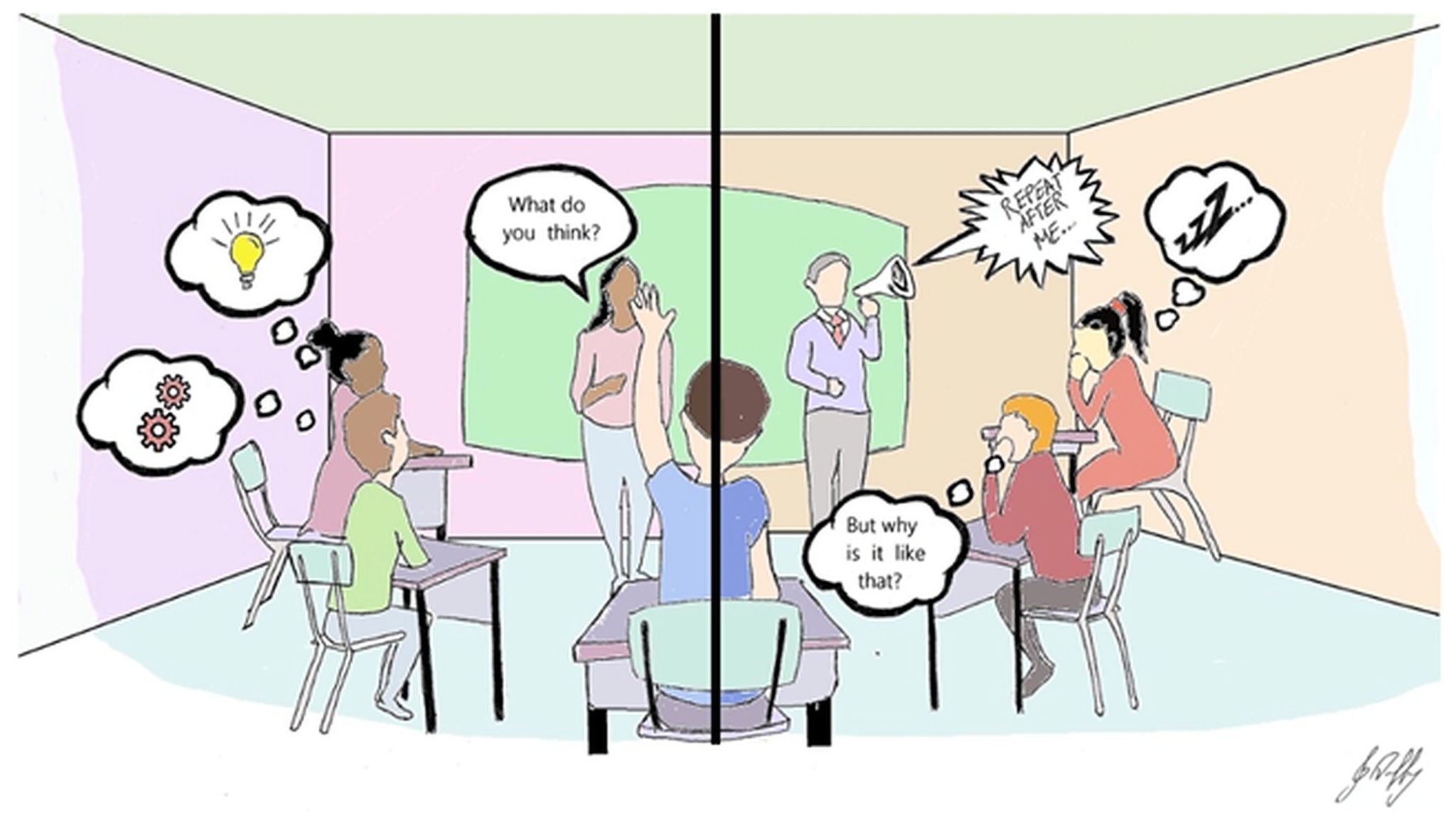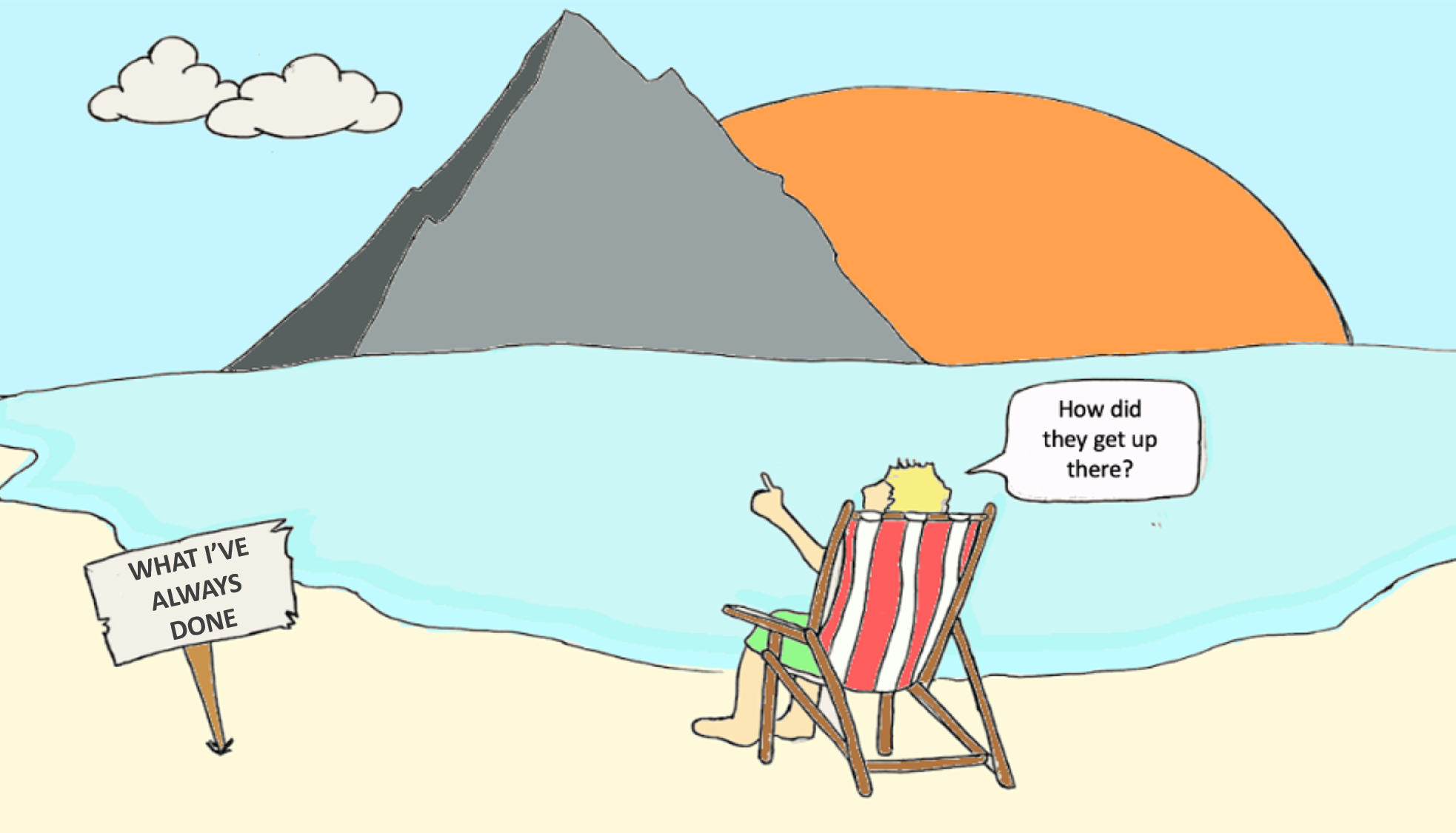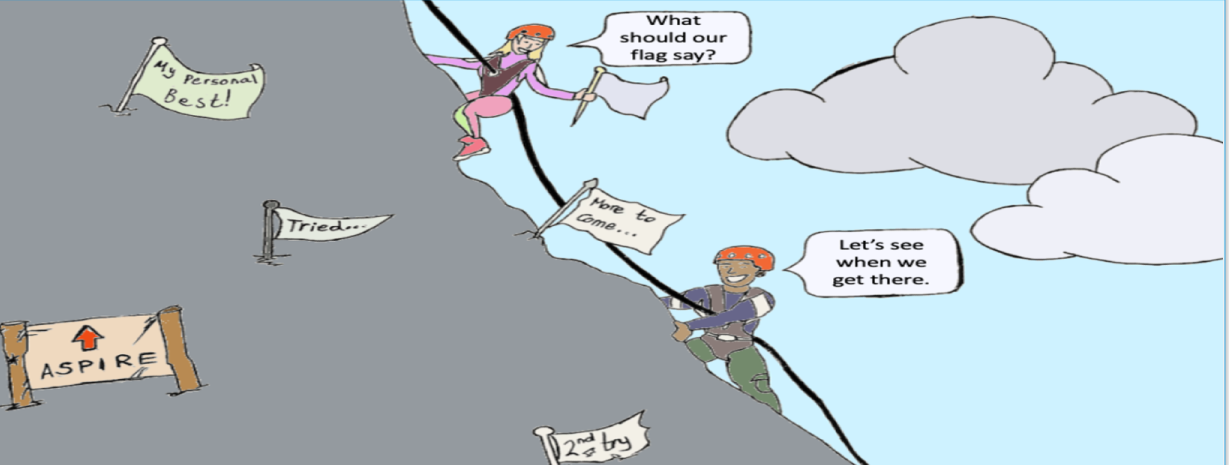




Speaking to someone about your thoughts and feelings can be difficult, and yet it is crucial for us all. It can be difficult to be honest about your own struggles even when you know you need help. Through speaking, we open up and get help.
To make our way in the world, we also need to be able to communicate effectively with others, we need to let others know what we think and be able to listen to and learn from others in return. Whilst this may sound easy, there are many ways that this communication can break down and this may be stopping young people from making themselves heard and understood, or from being responsive to the feelings of others, or closed to the opinions and ideas of others. When this happens it can lead to feelings of alienation, social isolation, limited exposure to a variety of experiences and ideas, and therefore cumulative difficulties as the learning opportunities through varied and multiple conversational opportunities are lost.
Conversations and interactions where you are required to open yourself up to challenge, where you need to formulate your thoughts, examine your experiences, and expose yourself to opinions contrary to your own are difficult. It can be difficult to listen carefully and try to understand an alternative point of view when your mind is already made up. It can be difficult to have your own position critiqued by others. But unless we engage in these ways and challenge ourselves to be open, to be honest, to be tolerant, we can become timid when it may be best to speak, or we can become dogmatic, or uncivil or intolerant. So we need to:
Stand up, Speak up, and Speak wisely.
We suggest three approaches to challenging yourself to speak up and be involved:
Express Yourself: Explores how to understand and communicate your feelings and needs effectively to others, and how to listen and respond to the emotional needs of others.
Engage in Difficult Conversations: Examines how to engage in civil and productive conversations around topics which could be emotive and/or contentious in ways which are open and tolerant.
Debate: Looks at how to engage in critical scrutiny of a topic with opposing views within a structured format.


If we do nothing, nothing changes.
If we want to make a change or move towards our goals we need to do something, something different than we’ve done before.
The path you take will be unique to you, and dependent on where you want to go and how you like to travel, but you can only move forward one step, one action, at a time.
